The post Left Liberals Soft Bigotry of Low Expectations appeared first on Dharma Today.
]]>Recently, at a friends house, I found myself in the middle of a very interesting discussion with a bunch of those who identify themselves as ‘left liberals’. It was centred around religion and what value it holds in our society at large. We started off by discussing the issue of ‘Women being disallowed inside the Garbha Griha of some Hindu temples’. The discussion was extremely enlightening where people had varying points of view. No one got angry, by and large, they were very respectful of the other sides right to have an opposing point.
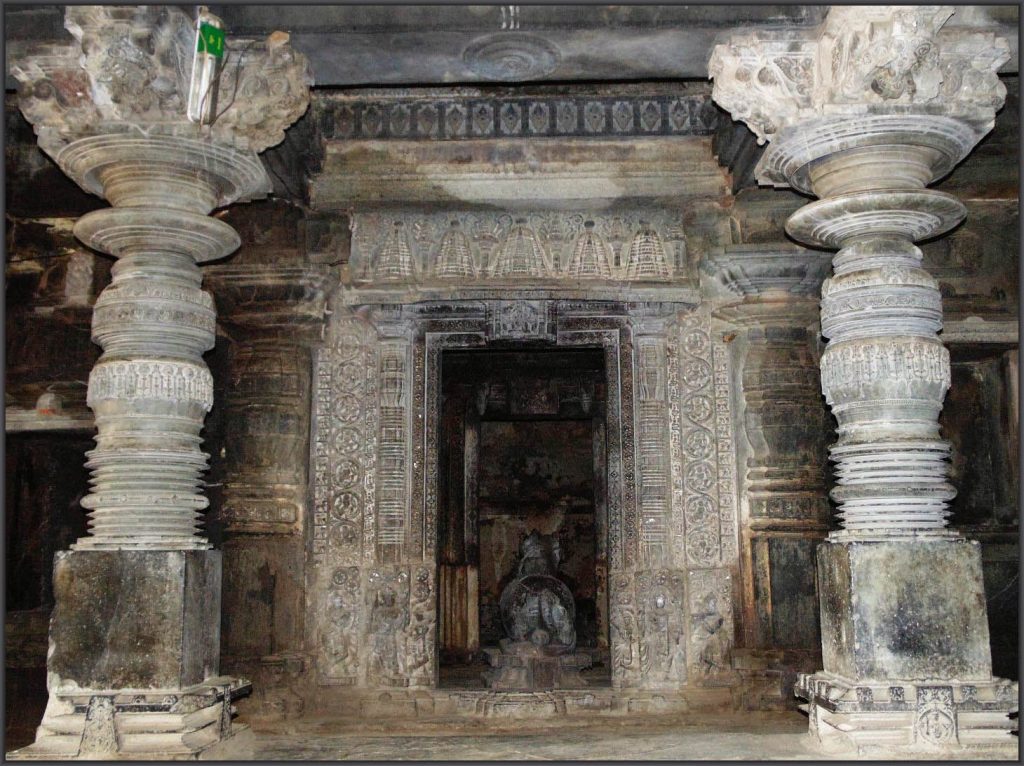 Seeing the quality of the discourse, I thought, “If we are in the business of discussing religions why don’t we also try to discuss the role Islam has had to play in the current devastation across the world.” I started the conversation by asking the other members inside the room that do they think Islam is a religion of peace? If yes, why do they think so? Do they have any evidence to prove the same?
Seeing the quality of the discourse, I thought, “If we are in the business of discussing religions why don’t we also try to discuss the role Islam has had to play in the current devastation across the world.” I started the conversation by asking the other members inside the room that do they think Islam is a religion of peace? If yes, why do they think so? Do they have any evidence to prove the same?
The Uncomfortable Reality
I ended my series of questions by clarifying my point of view by explicitly saying that according to me it was not a religion of peace and its doctrine has a huge role to play in the devastation that has been caused throughout the world. I also clarified that I do not say that all Muslims are terrorists. We need to clearly distinguish between Islamic doctrine and Muslims as a race. I was of the view that like any other idea Islam should not be beyond the realm of criticism.
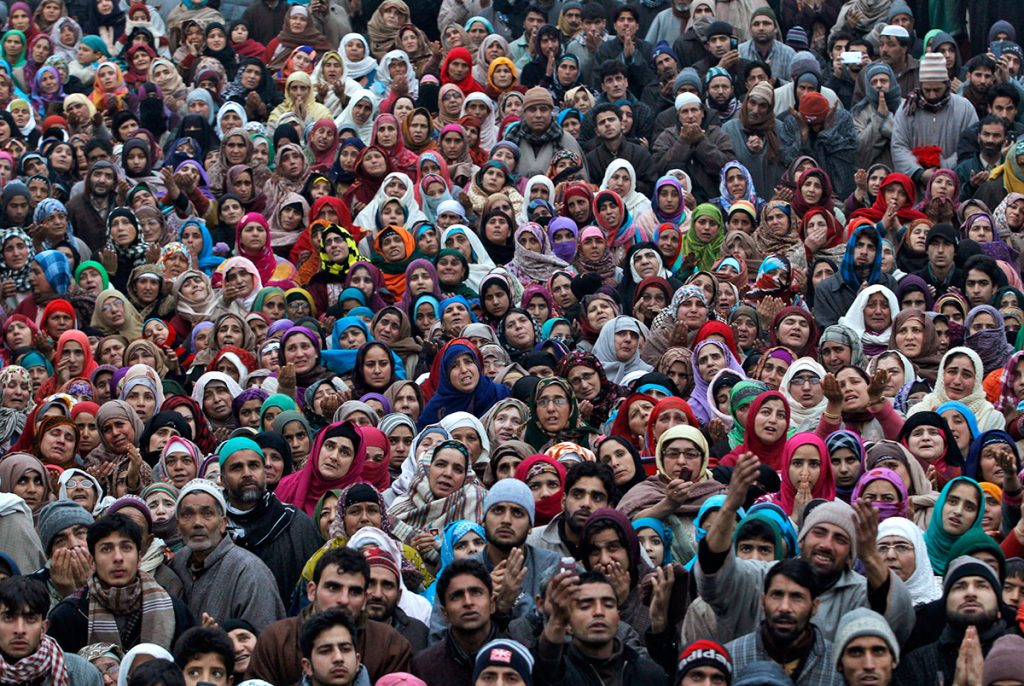 But before I could substantiate my claims by providing any form of evidence I was bombarded by a barrage of pejoratives/labels where, some of the members started calling me communal, fascist etc. What I had experienced was astonishing. The people surrounding me were not bothered by the fact that Islamic terrorism has caused so many problems globally. What they were bothered by was how dare I share this fact with them. So according to them the act of sharing the information that ISIS has caused so many deaths around the world is more problematic than the act of ISIS committing those heinous crimes.
But before I could substantiate my claims by providing any form of evidence I was bombarded by a barrage of pejoratives/labels where, some of the members started calling me communal, fascist etc. What I had experienced was astonishing. The people surrounding me were not bothered by the fact that Islamic terrorism has caused so many problems globally. What they were bothered by was how dare I share this fact with them. So according to them the act of sharing the information that ISIS has caused so many deaths around the world is more problematic than the act of ISIS committing those heinous crimes.
This discomfort and inability of the left liberals to criticise Islam is what I call ‘the soft bigotry of low expectations’. This phrase was conceptualised by US ex-President George W. Bush. The expression refers to a prejudiced attitude of intolerance with respect to races and religions, especially those which are not the main accepted ones. It implies the subtle discrimination that takes the form of setting low expectations.
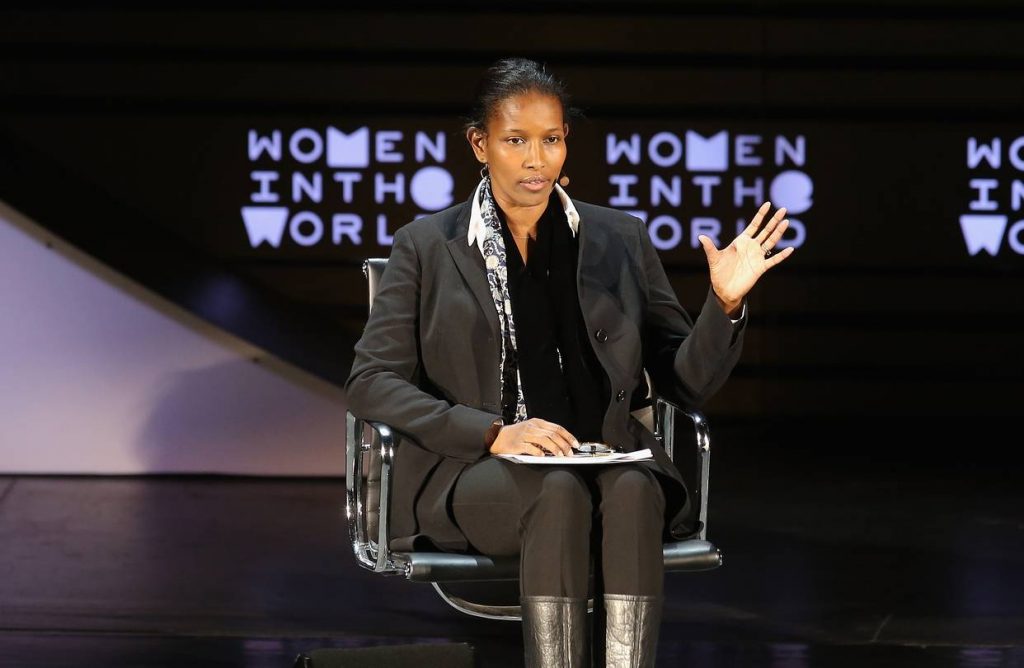 Take another example; In a recently conducted debate at the ‘Women in the World Summit’ in New York we saw another shining example of the soft bigotry of low expectations. Ayaan Hirsi Ali started her speech by saying “I embrace Muslims but I reject Islamic law because it’s totalitarian, because it’s bigoted and especially bigoted against women”. She then followed it up “When its law becomes the law of the land, you have a male guardian, child marriage…you will be disinherited and if you are raped it’s your fault, and you will get stoned to death. I reject Islamic law because it is inherently hostile to women.” She went on to say, “We will not defeat and we will not eradicate these practices unless we talk about the principle, and the principle is enshrined in the Islamic law of sharia.”
Take another example; In a recently conducted debate at the ‘Women in the World Summit’ in New York we saw another shining example of the soft bigotry of low expectations. Ayaan Hirsi Ali started her speech by saying “I embrace Muslims but I reject Islamic law because it’s totalitarian, because it’s bigoted and especially bigoted against women”. She then followed it up “When its law becomes the law of the land, you have a male guardian, child marriage…you will be disinherited and if you are raped it’s your fault, and you will get stoned to death. I reject Islamic law because it is inherently hostile to women.” She went on to say, “We will not defeat and we will not eradicate these practices unless we talk about the principle, and the principle is enshrined in the Islamic law of sharia.”
The Selective Outrage
But these comments obviously did not go down well with a popular and leading journalist of India, Barkha Dutt who was moderating the debate. She retorted back by saying “Isn’t religion inherently misogynistic? To me coming from a so-called third world country, I find it shocking that America debates abortion.” What does this say about the mindset of left liberals? They always seem willing to give Muslims a get out of jail card for free when it comes to certain standard behavioral attitudes which they would otherwise find extremely condemnable.
Just think about it. How many times have you seen ‘Left Liberals’ complaining about the Friday roadside prayers conducted by Muslims in different parts of India? But you will see them shouting and screaming about Hindu festivals creating traffic jams and causing discomfort to the average citizen. When it comes to Islam, liberals conflate ideology with individuals. A genuine criticism of Islam suddenly becomes an assault on all the Muslims worldwide.
The Psychology of the Left Liberals
This is because the left liberals views the world through the lenses of victimhood and oppression. It is these lenses that stop them from discussing the issue of Islamic Terrorism. Yes, there are good Muslims. But what has that got to do with a genuine discussion about the doctrine of Islam? If we can have an honest discussion about Hindutva, why can’t we have the same in the case of Islam? Are left liberals saying that if someone criticises Hindutva it means they hate all Hindutvavadis?
The discomfort and hesitation to criticise the doctrine of Islam come from this grossly inaccurate and improper belief in the mind of the left liberal which paints all Muslims as victims of Hindu oppression. It is because of rubbish like this that any act of terrorism committed and any doctrinal belief held in the Quran is not subjected to the level of scrutiny it deserves. It all ends up with the same old line i.e Islam is a religion of peace! ISIS has nothing to do with the doctrine of Islam.
If we were to say Indic philosophies are better than Islam in many aspects we would become a fascist. Or if someone spoke of a Uniform Civil Code in India he would have committed blasphemy. How dare he expect similar standards from other religions? This is the soft bigotry of low expectations. Why should some religions be allowed to be morally mediocre while others are expected to bear the brunt of their mediocrity?
A lost cause?
Religious tolerance does not mean we accept bad behaviour. Pluralism does not mean we start accepting bad ideas. How long are we going to let a huge subset of our country i.e Muslim women suffer under the pretext of respecting their values? What is the point of such values that can’t treat all human beings equally?
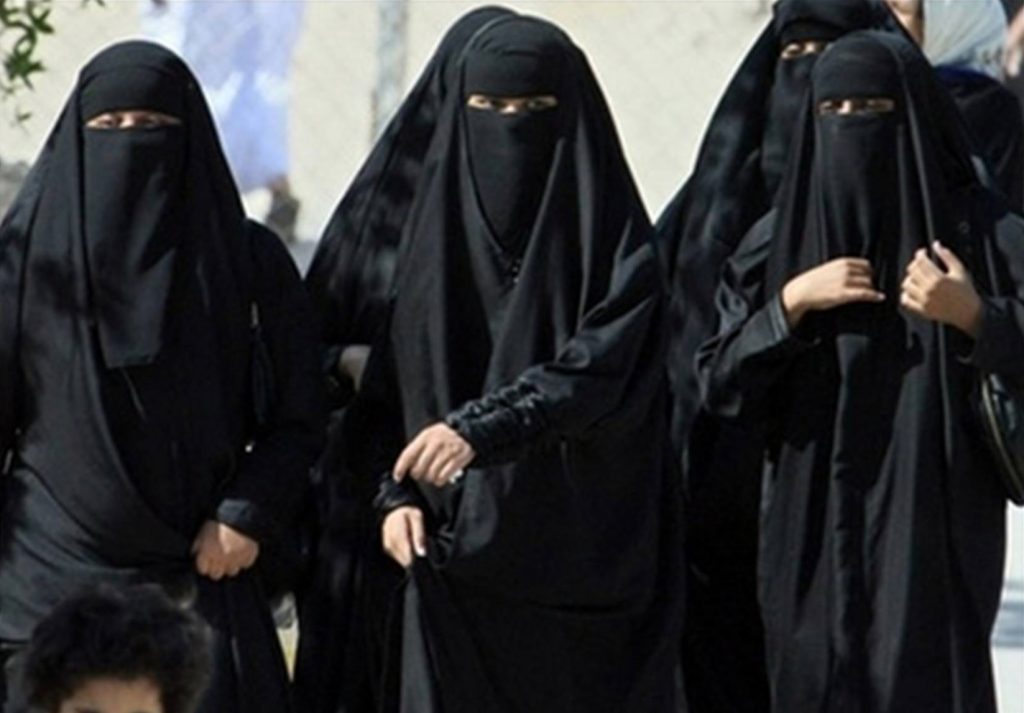
Left liberals will fight for equality of women in all other religions but Islam. They will go to the extent of blaming Hinduism for the rapes happening in India. But the moment one brings the word Islam in the discussing all hell breaks loose. It is about time someone starts to say it very openly and clearly that the teachings of Islam are incompatible with modern values and need to be upgraded. In fact, they go against everything that these Left liberals stand for. But rather than outraging over these problems you see a deafening silence. Soft bigotry indeed!!!!!
The post Left Liberals Soft Bigotry of Low Expectations appeared first on Dharma Today.
]]>The post The Talking Indian Coconut appeared first on Dharma Today.
]]>A person aspiring and trying very hard to be white-minded but he/she/it is trapped in a brown body and whose masked inferiority complex will not allow them to acknowledge the fact, if pointed out to them.
 Before I go ahead with my analysis, let me make some things very clear. Once upon a time during those days of my mental colonization, I was a talking human coconut myself! (I feel I still have a long way to go. ‘Decoconutisation’ is a constant process). I had a certain way of looking at my surroundings. I used to have a distinctively Anglicized/Western/Euro-Centric lens. My worldview was shaped by certain norms (which now I call myths) where I would derive certain conclusions based on certain views which I thought were universal. The epistemological categories that I used to apply in the past when it came to defining something as basic as my disbelief in certain religious claims of Hinduism were also based on Euro-Centric epistemological categories.
Before I go ahead with my analysis, let me make some things very clear. Once upon a time during those days of my mental colonization, I was a talking human coconut myself! (I feel I still have a long way to go. ‘Decoconutisation’ is a constant process). I had a certain way of looking at my surroundings. I used to have a distinctively Anglicized/Western/Euro-Centric lens. My worldview was shaped by certain norms (which now I call myths) where I would derive certain conclusions based on certain views which I thought were universal. The epistemological categories that I used to apply in the past when it came to defining something as basic as my disbelief in certain religious claims of Hinduism were also based on Euro-Centric epistemological categories.
Now back to the main moot point. So this is what a friend/fellow human being/coconut #1 used as a retort when I pointed out to him in a completely non-violent way about the usage of the word Bombay. “I think this approach to citing historic occurrence to justify the present action is the reason why India is still plagued with caste, regional and religious divide. Who cares what was called what. For me, it’s Bombay for you Mumbai and for someone else Bumbai.”
Look at the line of thinking or in my view the complete lack of it. Just because we refuse to call a city BOMBAY or we call it MUMBAI, we become “a society plagued with caste, regional and religious divide”. What a ridiculous argument! According to the Indian Coconut, the Ethnic Indian Identity is the source of all the conflict in India.
The person then follows it up with the standard ‘who cares what was called what’ jibe. Well, you certainly do care what it is called because you directly associated the calling of a city Mumbai to a whole plethora of social problems. As if when the same city was called BOMBAY these problems did not exist. As if when Mumbai was Bombay, everything was hunky dory. As if we were all living together holding our hands together singing soulful songs.
It is why and how a city gets called something that matters the most. It is the methodology and the thinking behind the name that matters. That is why what we call ourselves matters a lot. How we define ourselves as a society should matter to each and every Indian.
Now onto to Coconut #2. This one says, “Bombay represents culture, a strong sense of inherited enterprise, the pivot of the freedom movement, liberal-mindedness, women’s security, business approach and an ability to deliver come what may let’s not be monocultural now. ”
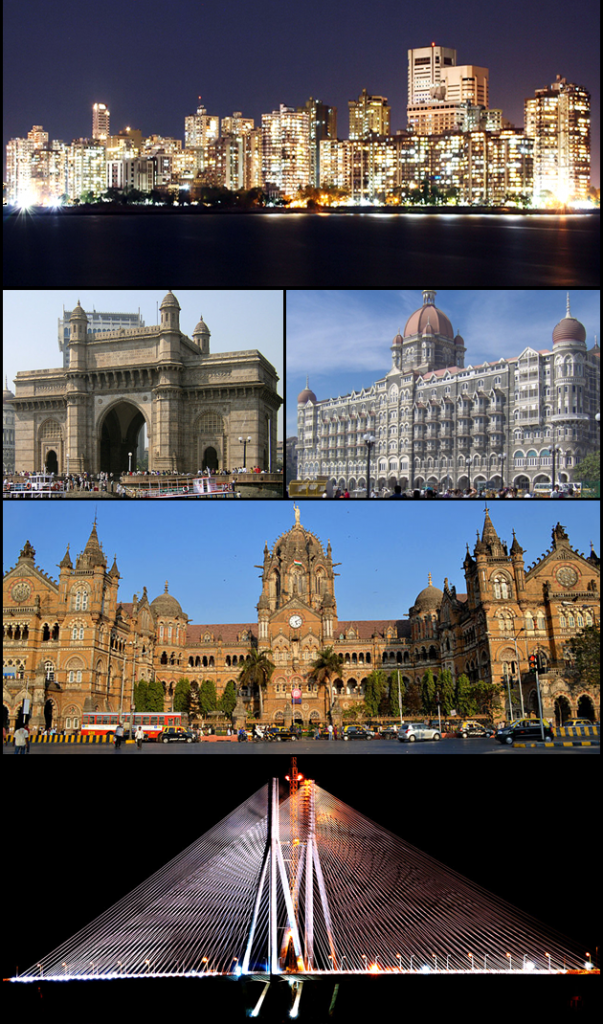
So does only calling the city BOMBAY represent all those things that the coconut #2 mentioned???? How could a lowly Marathified Mumbai represent lofty values like culture, a strong sense of inherited enterprise, the pivot of the freedom movement, liberal-mindedness, women’s security, business approach and an ability to deliver come what may? How dare I the lowlife desi associate these values with Indian-ness. It is only reserved for the left-liberals.
After all, Coconut #1 had mentioned all of India’s problems are because of its Indian identity. And what can one say about the allegation of hey dudeeeeeee let’s not be monocultural now? Obviously, Indians are not allowed to have their grand narrative. So what if the entire West has its grand narrative? So what if Britain just had Brexit which was based largely on cultural issues? They can have that privilege, but how dare these low life third world coolies even think of having such privileges? Don’t they know their place?
And this is where the crux of the problem with the Indian Coconut lies.
The Indian coconut associates modernization with westernization. For the Indian Coconut, the Indian ethnic identity is something that needs to be eliminated. This is coupled with the Indian fair-skin complex that associates progress with the color white. Otherwise, which country on planet earth would sell a fairness cream?! (The whites are already fair, blacks have no expectations, while the browns are seriously hopeful!) In the words of Rajiv Malhotra, I think it is time someone wrote a book on ‘How the Desis are becoming White’.
And whiteness is not just the color of your skin. Whiteness is not just a racial connotation. Whiteness represents a set of values and world views. Once you start following those set of values is when you enter the cozy club of whiteness.
It is like a power structure. And many Indians in the West and India have molded themselves into a certain way to enter this club. These are the social climbers.
Therefore the Indian Coconut suffers from Stockholm Syndrome*. They sound like that battered wife who says, ‘so what he beat me, man; he gave me amazing food to eat with yummy desserts. And do you know, desserts had great toppings too.’ (I would like to clarify here that I have nothing personal against the current crop of Britishers or the Western world at large. I don’t hold any grudge against them for the behavior of their ancestors towards my people. My wife is a westerner too!)
Karl Marx wrote in 1853,
England has to fulfill a double mission in India; one destructive, the other regenerating – the annihilation of the Asiatic society, and the laying of the material foundations of Western Society in Asia.
So after looking at the Indian Coconut could we safely assume that England was successful?
There are even more important questions that need to be answered. Could there be a universal model of ‘modernity’ without slipping into moral and cultural relativism? A homogeneous concept of modernity defined for all races? The origins of ‘Modernity of the West’ stem from a critical analysis of their society that had inherently Judeo-Christian values. Can a model of Judeo-Christian values be copy-pasted onto a Dharmic Indian society?
At a metaphysical level, a Dharmic society is very different from a Judeo-Christian society. In such a scenario don’t we need to redefine the categories of what constitutes to be modern or liberal? Can we classify a Dharmic society into categories such as ‘modern’, ‘liberal’ and ‘conservative’? Are classifications such as ‘right wing’ & ‘left wing’ or ‘atheist’ & ‘theist’ meaningful in a Dharmic society? Another classic example is applying Freudian psychoanalytical tools on a Dharmic society. Are our intellectuals so lazy to create categories that fit into our socio-cultural understanding?
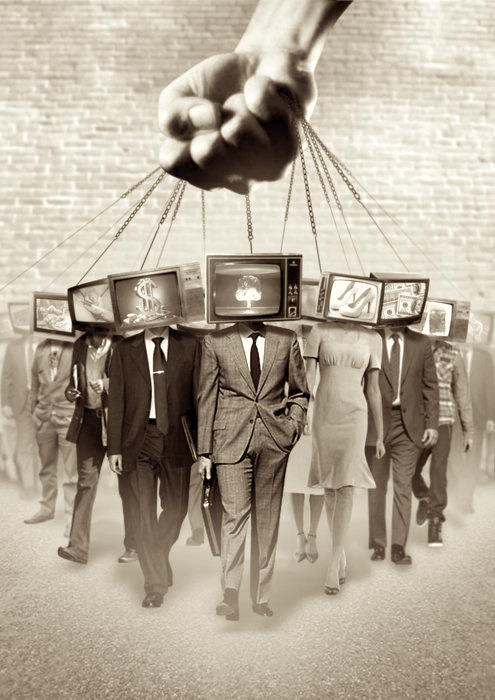
We need not go back to the old Vedic times. What we need is to have more intellectual rigor and try to find our narrative. Intellectual lethargy makes a society stagnant. I find it deeply disturbing when I see Indian youth being mentally conditioned in a way where they are convinced that Western values are universal, and they are the be all and end all of this world.
The concern is not whether Western values are good or bad. The concern is that we are lazy that we won’t even critically analyze something before we map it onto our socio-cultural ethos. One’s own identity must be properly established and the psychological coconut must break.
* Stockholm syndrome or capture-bonding, is a psychological phenomenon described in 1973 in which hostages express empathy and sympathy and have positive feelings toward their captors, sometimes to the point of defending and identifying with the captors.
The post The Talking Indian Coconut appeared first on Dharma Today.
]]>The post Freedom of Expression and it’s relevance in Dharma appeared first on Dharma Today.
]]>The concluding hymn of the Rig Veda 10.192 says something like “Samgacchadhvam, samvadadhvam,sam vo manamsi janatam”, it means “Meet together, talk together, and may your mind apprehend the Truth alike.” The ancient rishi from this verse of the Rig Veda is calling for people to come together and exchange views freely and harmoniously.
In another hymn of Rig Veda 10.121 the rishi says ” sa dādhāra pṛthivīṃ dyāmutemāṃ kasmai devāyahaviṣā vidhema ||” i.e He fixed and holdeth up this earth and heaven. What deva shall we adore with our oblation?
Notice the thought of the rishi here. He is basically questioning the deva which was a central theme of the vedic times. He is asking which deva do I offer oblation to. Imagine if something like this happened in today’s world. What would the reaction be on social media. What # will we outrage on.
The last week of May every year thousands of hill tribes converge at the famous Ayyappa Temple to mark Kunde Habba, a festival of abusing God, in Karnataka’s Devarapura area near Thithiamthi Village of Madikeri District’s Virajpet Taluk. Also known as “Bodu Habba” in Kodagu, the festival of abusing God is celebrated by tribal people of that area and it’s surrounding districts.
The story goes that once upon a time Lord Ayyappa had taken the tribals for hunting in the forest. But on the way Lord Ayyappa met Goddess Badrakali in the forest. Upon meeting her he abandoned the tribals and left the place with her. Fumed by the Lords behaviour the tribals felt ditched and since then have started observing that day as a festival to commemorate the incident by abusing the Lord. So the day would start with tribals dancing to the tunes of folk songs all through the day. At the end of the day all the tribals will assemble in the temple and seek apology from the Lord. Can you imagine that. Someone abusing God. Can you imagine a faith actually allowing that.
Yet another story was narrated by Salman Rushdie in one of his speeches which I saw on youtube. I will share his exact words ” But the Indian tradition also includes from its very earliest times, very powerful defences of free expression. When Deepa Mehta and I were working on the film of Midnight’s Children, one of the things that we often discussed was a text dear to our hearts, the Natya Shastra. In the Natya Shastra we see the Gods being a little bit bored in heaven and deciding they wanted entertainment. And so a play was made, about the war between Indra and the Asuras, telling how Indra used his mighty weapons to defeat the demons. When the play was performed for the Gods, the demons were offended by their portrayal. The demons felt that the work insulted them as demons. That demoness was improperly criticized. And they attacked the actors; whereupon Indra and Brahma came to the actors’ defence. Gods were positioned at all four corners of the stage, and Indra declared that the stage would be a space where everything could be said and nothing could be prohibited.
So in one of the most ancient of Indian texts we find as explicit and extreme a defence of freedom of expression as you can find anywhere in the world. This is not alien to India. This is our culture, our history and our tradition which we are in danger of forgetting and we would do well to remember it ”
Now let us read a few verses of Cārvāka the oldest atheistic school of thought known to mankind.
” While life is yours live joyously; No one can avoid Death’s searching eye: When this body of ours is burnt, How can it ever return again? ”
” If a beast slain as an offering to the dead will itself go to heaven, why does the sacrificer not straightway offer his father? ”
” The Sacrifices, the three Vedas, the ascetic’s three staves, and smearing oneself with ashes— Brhaspati says these are but means of livelihood, for those who have no manliness nor sense. ”
Think of the time when these words were uttered and ask yourself who is the more tolerant one. Imagine someone in today’s day and age abusing a God or questioning the intelligence of a sadhu who does a vedic yajna. Just ask yourself which era had freedom of expression and thought.
Our society has had a history and tradition where there have been different schools of thought in Jainism, Buddhism, Cārvāka etc., who had disagreed with the Vedas and inspite of that had peacefully coexisted with the different Vedic schools.
Intellectual freedom accompanied by the ideas of freedom of expression and thought were an integral part of our ancient vedic society.
A great example of that is the Jain philosphy of Anekāntavāda. This is one of the most important and fundamental doctrines of Jainism. It refers to the principles of pluralism and multiplicity of viewpoints, the notion that truth and reality are perceived differently from diverse points of view, and that no single point of view is the complete truth.
Look at the underlying tone in each and every example I state. Nowhere do we see occasions where there are calls for blasphemy. A close analysis of the Vedic times indicate that our society gave us the freedom to hold many views on the concept of the ultimate reality or for that matter whether there was any such thing as a reality or brahman. The underlying tone in most Dharmic sampradayas is a clear sign of skepticism and a admission that one cannot know for certain some of the higher metaphysical principles and the ultimate meaning of life.
A classical example of that is the Nasdiya Suktam of the Rigveda. It goes as
” Then was not non-existent nor existent : there was no realm of air, no sky beyond it. What covered in, and where? and what gave shelter? Was water there, unfathomed depth of water? Death was not then, nor was there aught immortal : no sign was there, the day’s and night’s divider. That One Thing, breathless, breathed by its own nature : apart from it was nothing whatsoever. Darkness there was : at first concealed in darkness this All was indiscriminated chaos. All that existed then was void and formless : by the great power of Warmth was born that Unit. Thereafter rose Desire in the beginning, Desire, the primal seed and germ of Spirit. Sages who searched with their heart’s thought discovered the existent’s kinship in the non-existent. Transversely was their severing line extended : what was above it then, and what below it? There were begetters, there were mighty forces, free action here and energy up yonder. Who verily knows and who can here declare it, whence it was born and whence comes this creation? The Gods are later than this world’s production. Who knows then whence it first came into being? He, the first origin of this creation, whether he formed it all or did not form it, Whose eye controls this world in highest heaven, he verily knows it, or perhaps he knows not. ”
Now let us fast forward ourselves to the current day scenario and let us have a close look at some of the laws that are currently there in our legal system.
IPC 295A : ” Deliberate and malicious acts, intended to outrage religious feelings of any class by insulting its religion or religious beliefs.—Whoever, with deliberate and malicious intention of outraging the religious feelings of any class of 273 [citizens of India], 274 [by words, either spoken or written, or by signs or by visible representations or otherwise], insults or attempts to insult the religion or the religious beliefs of that class, shall be punished with imprisonment of either description for a term which may extend to 4[three years], or with fine, or with both. ”
IPC 153A : ” Promoting enmity between different groups on grounds of religion, race, place of birth, residence, language, etc., and doing acts prejudicial to maintenance of harmony.—
(1) Whoever—
(a) by words, either spoken or written, or by signs or by visible representations or otherwise, promotes or attempts to promote, on grounds of religion, race, place of birth, residence, language, caste or community or any other ground whatsoever, disharmony or feelings of enmity, hatred or ill-will between different religious, racial, language or regional groups or castes or communities, or
(b) commits any act which is prejudicial to the maintenance of harmony between different religious, racial, language or regional groups or castes or communities, and which disturbs or is likely to disturb the public tranquillity, 2[or]2[(c) organizes any exercise, movement, drill or other similar activity intending that the participants in such activity shall use or be trained to use criminal force or violence or knowing it to be likely that the participants in such activity will use or be trained to use criminal force or violence, or participates in such activity intending to use or be trained to use criminal force or violence or knowing it to be likely that the participants in such activity will use or be trained to use criminal force or violence, against any religious, racial, language or regional group or caste or community and such activity for any reason whatsoever causes or is likely to cause fear or alarm or a feeling of insecurity amongst members of such religious, racial, language or regional group or caste or community,] shall be punished with imprisonment which may extend to three years, or with fine, or with both. Offence committed in place of worship, etc.—(2) Whoever commits an offence specified in sub-section (1) in any place of worship or in any assembly engaged in the performance of religious worship or religious ceremonies, shall be punished with imprisonment which may extend to five years and shall also be liable to fine.] ”
IPC294: ” Obscene acts and songs.—Whoever, to the annoyance of others—
(a) does any obscene act in any public place, or
(b) sings, recites or utters any obscene song, ballad or words, in or near any public place, shall be punished with imprisonment of either description for a term which may extend to three months, or with fine, or with both.] ”
Article 19 in The Constitution Of India 1949
” Protection of certain rights regarding freedom of speech etc
(1) All citizens shall have the right
(a) to freedom of speech and expression;
(b) to assemble peaceably and without arms;
(c) to form associations or unions;
(d) to move freely throughout the territory of India;
(e) to reside and settle in any part of the territory of India; and
(f) omitted
(g) to practise any profession, or to carry on any occupation, trade or business
(2) Nothing in sub clause (a) of clause ( 1 ) shall affect the operation of any existing law, or prevent the State from making any law, in so far as such law imposes reasonable restrictions on the exercise of the right conferred by the said sub clause in the interests of the sovereignty and integrity of India, the security of the State, friendly relations with foreign States, public order, decency or morality or in relation to contempt of court, defamation or incitement to an offence. ”
Look how loosely worded these laws are. A clear reading of these two articles indicates that Cārvāka would have definitely ensured his time in jail by uttering those words that I have mentioned above. If someone found out about the practice of the tribals in the Devarapura area of Karnataka and actually went to court against them in accordance to current laws he would easily ensure a nice lilttle jail yatra for them.
There have been a series of instances in India where books like Rangeela Rasool to the recent case of Santsurya Tukaram and Loksakha Dnyaneshwar have been banned. If we move over to movies than we have cases like Gokul Shankar to Kaum De Heere.
Look at the entire history of human civilization. Every time a new thought or fact has been represented it has met with a huge amount of resistance. Had Galileo not decided to go ahead and present his findings we would have been robbed of some important findings in regards to the cosmos and science would have suffered.
Did Galileo offend the Christians of his time. If we try to understand and measure the amount of offense he would have caused we can safely assume that it would have been in equal proportions to the kind of offense a Rangeela Rasool or a Kaum De Heere will cause today. So should we say that Galileo should have been stopped and put in jail under IPC section 295A of India.
One of the most basic tenets of Freedom of Expression is the right to offend. If Galileo would not have offended Christians then a lot of things that we today know in science might not have come out. Why should any religious thought or idea be beyond the realm of critique and satire. Why should religion get a special privilege in society. Have you ever heard of a scientist going and taking up a AK 47 and try to shoot the people who disagree or make fun of his point of view or his discovery. No form of expression should be banned. Freedom of expression should be absolute or else it makes no sense. One has a right to be offended and also has a right to seek legal remedies if offended.
But the moot point is when you have laws like the ones that exist in India can anyone dare cross the boundaries and offend any religious idea. What if tomorrow science successfully proves that GOD is nothing but a concept and the creation of the universe was just by chance.
I as an individual have every right to piss a religious person off by poking fun at his beliefs. And if the religious person is so offended he has every right to use the same means to hit right back at me. The atmosphere in India in regards to Freedom Of Speech is getting worse by the day.
The basic essence and strength of Hinduism is it’s pluralism and tolerance of differing points of view. I urge each and every one who takes pride in this countries culture and past to realise what Dharma is and actually start acting on these terms.
Don’t let the west stake copyright’s to this concept of Freedom of Expression too. It would be a damn shame that the one of the most important concepts of human existence which has clear origins in Indian Culture also gets appropriated/digested by the West. Stand up for a concept that is truly yours and fight for it till the last breadth in your body.
(reposted from https://kushalmehra81.wordpress.com/2015/03/28/freedom-of-expression-and-its-relevance-in-dharma/)
The post Freedom of Expression and it’s relevance in Dharma appeared first on Dharma Today.
]]>